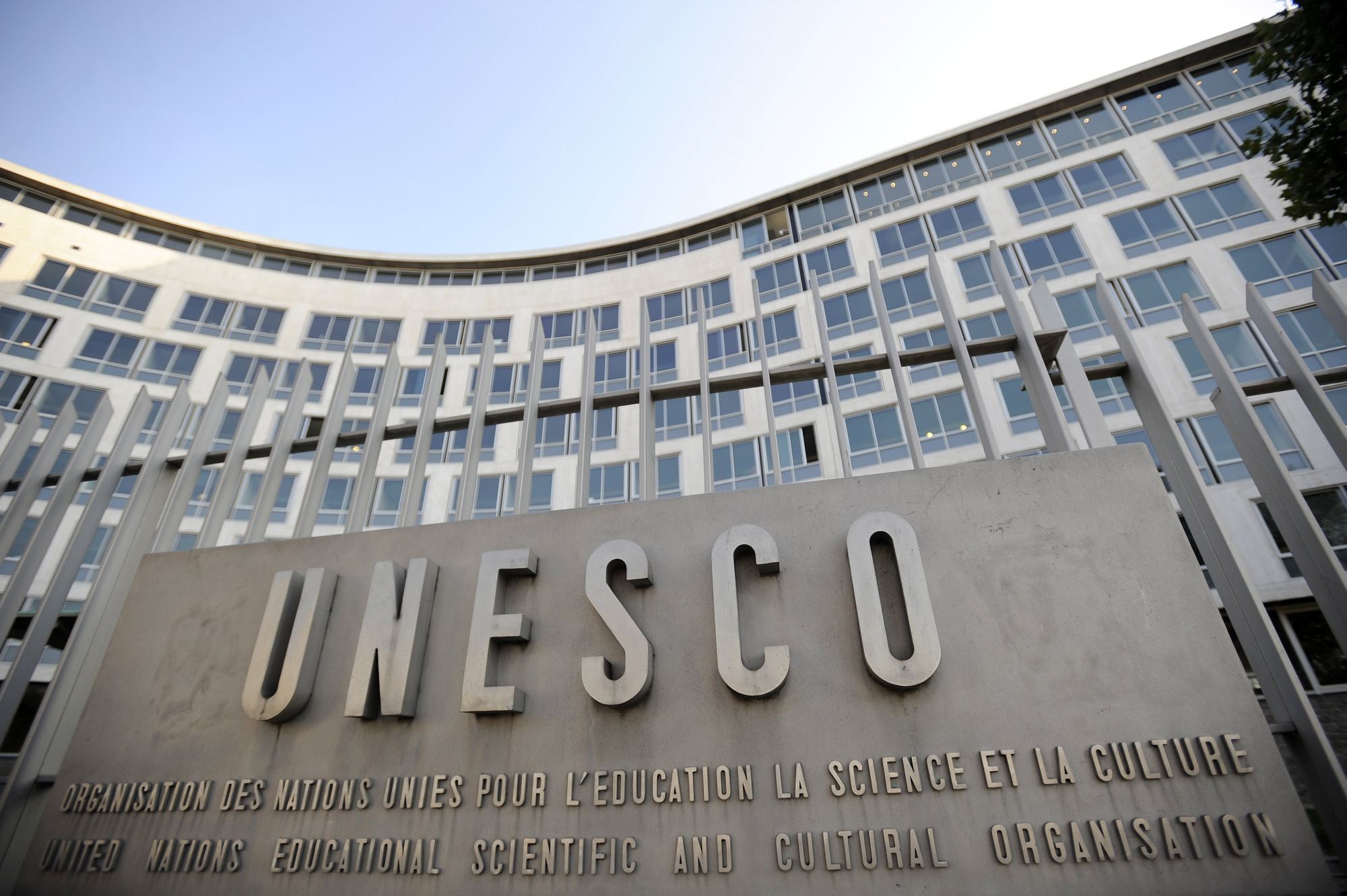
UN agency pushes global AI ethics norm that bans use of the technology for social scoring, mass surveillance purposes
- Unesco’s AI guidelines oppose use of the technology for ‘invasive’ applications that ‘infringe on human rights and fundamental freedoms’
- The UN agency’s recommendations come more than a month after China introduced its own set of ethical guidelines governing AI
The 28-page Unesco document, officially known as the “Recommendation on the Ethics of Artificial Intelligence”, bans the use of AI for “social scoring or mass surveillance purposes” because “these types of technologies are invasive and they infringe on human rights and fundamental freedoms”, said Gabriela Ramos, the agency’s lead spokeswoman for the guidelines, without specifying any country or enterprise that promotes such activities.

The guidelines call for “more transparency over the control of personal data” and “greater limits and awareness of the ability of AI to mimic human traits and behaviours”.
It wants to ensure that “the dominance of the English language in AI does not come at the expense of minority languages and broader cultural diversity and opinion”.
It also warns that “constant interaction with AI technology, including via social media algorithms, can negatively impact the mental health of both children and adults”, Unesco’s Ramos said.
Shenzhen is first Chinese city to draft regulations specifically for AI
Still, the UN agency’s AI guidelines encourage quite the opposite of what China has been doing with the technology. China currently has the world’s largest surveillance system, with 16 out of the top 20 most surveilled cities located in the country, according to a report published in May by British tech research firm Comparitech.
US and allies must set ‘democratic’ AI rules, Biden officials say
In July, senior White House officials appeared at a conference on emerging technologies to reinforce the message that Washington and its allies must close ranks to ensure that advances in artificial intelligence are developed in accordance with “democratic values”, and not left to China.
“We can’t let China write the rules around AI,” US Commerce Secretary Gina Raimondo told the Global Emerging Technology Summit in Washington.

